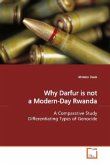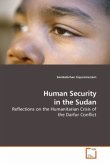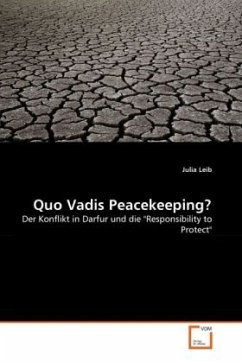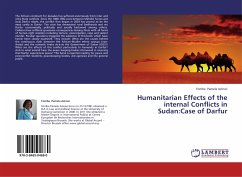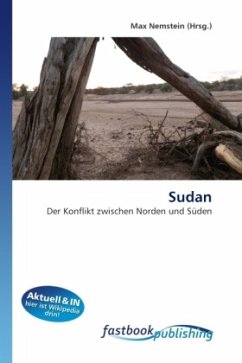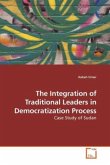In recent years, the Darfur conflict experienced
unprecedented global media coverage that focused on
the dramatization of the conflict instead of a
serious analysis of its root causes, which are the
policies of underdevelopment, unequal distribution
of wealth, and undemocratic practices in Sudan since
independence. This book argues that in order to
understand the Darfur conflict, examination of the
State formation in the context of colonial effects is
important. Further, it argues that Darfur crisis in
itself illustrates the failure of the Sudanese
elite s ideology, and the colonial/eurocentric model
of nation-state that it is in place since
independence.Without assessing the colonial legacy
and its role in planting the seats of such violent
conflict, the alienated elite class, and the
inflicted policies of dependency upon newly
independent countries, we will do no justice to the
peoples suffering in Darfur and elsewhere. These
policies of colonialism that were based on divide
and conquer ; which didn t cease after independence
had allowed the Sudanese State, by acting as a client
State, to continue oppressing and marginalizing the
vast majority of the Sudanese people.
unprecedented global media coverage that focused on
the dramatization of the conflict instead of a
serious analysis of its root causes, which are the
policies of underdevelopment, unequal distribution
of wealth, and undemocratic practices in Sudan since
independence. This book argues that in order to
understand the Darfur conflict, examination of the
State formation in the context of colonial effects is
important. Further, it argues that Darfur crisis in
itself illustrates the failure of the Sudanese
elite s ideology, and the colonial/eurocentric model
of nation-state that it is in place since
independence.Without assessing the colonial legacy
and its role in planting the seats of such violent
conflict, the alienated elite class, and the
inflicted policies of dependency upon newly
independent countries, we will do no justice to the
peoples suffering in Darfur and elsewhere. These
policies of colonialism that were based on divide
and conquer ; which didn t cease after independence
had allowed the Sudanese State, by acting as a client
State, to continue oppressing and marginalizing the
vast majority of the Sudanese people.


